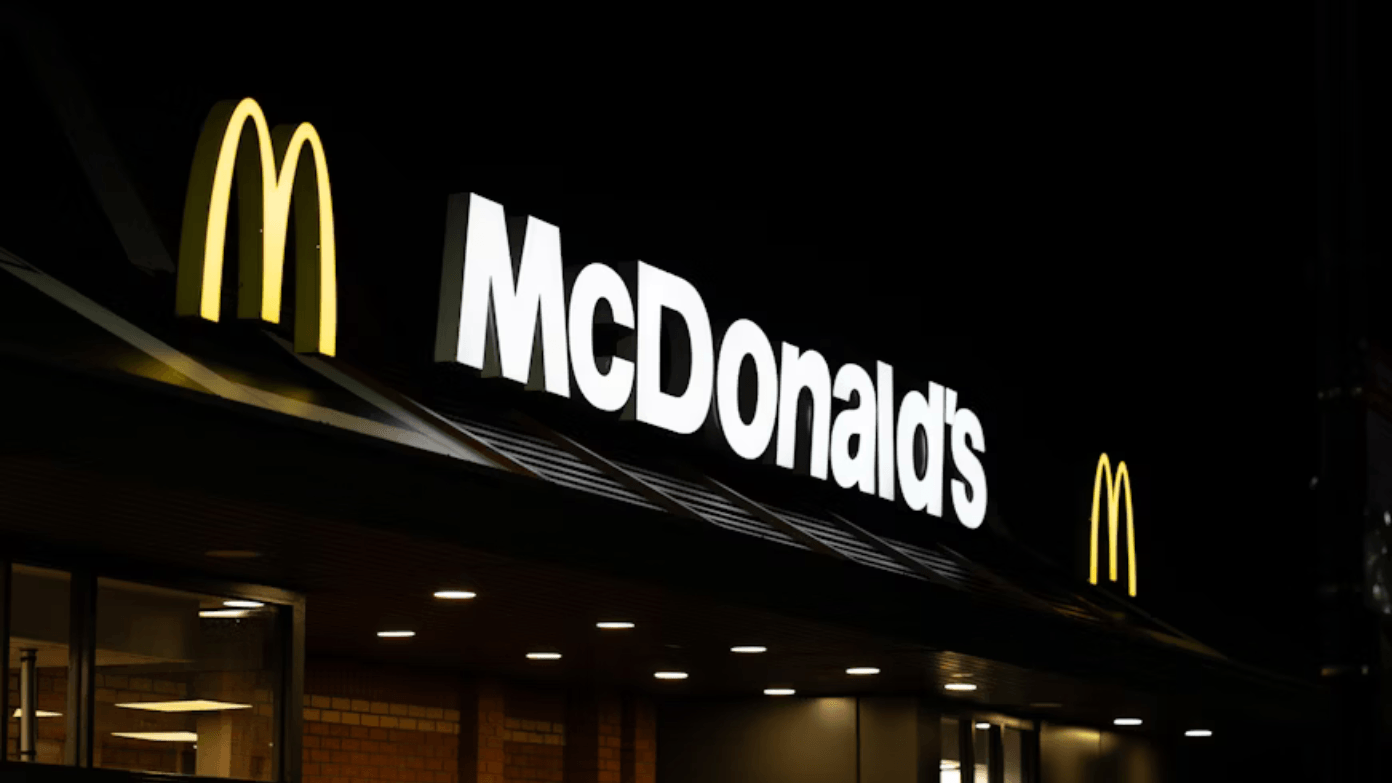To open a Los Angeles McDonald’s in 2025 is an enormous financial investment as well as meeting sophisticated franchisee prerequisites. This article examines the costs, qualifications, and local considerations to help future franchisees with what it will require to open a McDonald’s restaurant in California’s largest market.
Initial franchise fee and total investment
The procedure begins with a startup franchise fee of $45,000 that provides the right to employ McDonald’s world brand and system. This is only a fraction of the entire capital required. The entire amount of initial investment to open a McDonald’s can be rather diversified—between roughly $525,000 and as high as $2.7 million. Taking into consideration Los Angeles’ high real estate and building costs, it is reasonable to expect figures near the upper limit of this range.
Major components of the initial investment
The majority of the investment goes towards real estate, building construction, and equipping the restaurant. McDonald’s does not require base rent, but franchisees typically pay a percentage of sales as rent, which may not exceed 29%. Additionally, the cost of signs, seating, kitchen equipment, and fixtures ranges between $375,000 and $1.8 million. Starting inventory such as inventory of foods will be in the range of $14,000 to $39,000, and insurance, licenses, and permits add another $50,000 to $66,000.
As rigorous training is required, the franchisees will also risk an additional $2,000 to $40,000 in travel and living costs here. Finally, an additional working capital cushion of $80,000 to $440,000 is needed to tide the business over the first three months.
Ongoing fees and operating costs
Once the restaurant is open, the franchisees must remit recurring fees, a royalty fee, and advertising contributions, each equal to 4% of gross sales. Occupancy expenses, including rent and property charges, are typically in the range of 5% to 10% of sales. Labor expenses are one of the recurring biggies and range around a quarter to above a third of gross sales depending on staffing and the minimum wage rate. Food and inventory costs also consume 30% to 40% of revenues, with utilities and insurance another 2% to 5%.
Franchisee financial requirements
McDonald’s demands prospective franchisees to possess substantial individual financial resources. Applicants must demonstrate at least $500,000 of non-borrowed personal equity and liquid funds typically ranging from $500,000 to $1 million for start-up costs and operations. The total net worth value is $750,000 to $1.5 million to ensure the financial stability of the franchisee and the ability to service the investment.
Additionally, a satisfactory credit history is necessary in case any additional financing is required, and candidates are evaluated based on their ability to service potential debt without affecting personal funds.
Experience and training expectations
McDonald’s invests not just in finance capability but also places importance on management capability. Franchise training lasts six to twelve months and includes classroom instruction at Hamburger University and experience in the restaurants. Franchisees are required to commit full-time effort to running their restaurants, demonstrating leadership and operating ability.
The multi-stage selection process involves interviews, background checks, asset verifications, and legal reviews designed to select suitable candidates prepared for the business’s challenges. Relocation or commuting convenience to the specific Los Angeles restaurant site is also necessary.
Local permitting, licensing, and regulations
An operation within Los Angeles entails additional local regulatory costs and hurdles. Building permits and zoning permits may cost between $50,000 and $100,000 or more, depending on the location and state of the property. Los Angeles County Environmental Health permits from the health department typically start around $1,000 annually, and renovation inspections add to the expense.
Fire code and Americans with Disabilities Act (ADA) compliance typically ranges from $10,000 to $30,000 to upgrade and certify. Signage also requires city permits ranging from $500 to $2,000 per sign and often includes design reviews.
Real estate and site considerations
Los Angeles urban living drives real estate costs up with little room to move and the need for space-efficient designs that can include multilevel or below-the-street parking and drive-thru facilities. Leasing or property purchase is the option franchisees have to decide on, and rent typically is base rent plus a percentage of sales. Visibility and traffic locations are more expensive but necessary for volume of sales in a highly competitive situation.
In total, it would cost at least a minimum of at least $525,000 to start a McDonald’s in Los Angeles in 2025 but realistically would be as much as $2.5 million or higher, depending on the city costs. Franchisees would pay continuing fees of about 8% of gross sales in royalties and advertising, and then operational expenses that devour a good majority of the revenue. Thriving through McDonald’s demanding financial and training standards is the passport to success, as is survival of Los Angeles’ regulatory environment and costly real estate market. Prospective franchisees must be fiercely budget-conscious and spend significant capital opening and operating a McDonald’s business in one of the nation’s most intensely competitive restaurant environments.
Read more: When should I give up driving because of old age?

